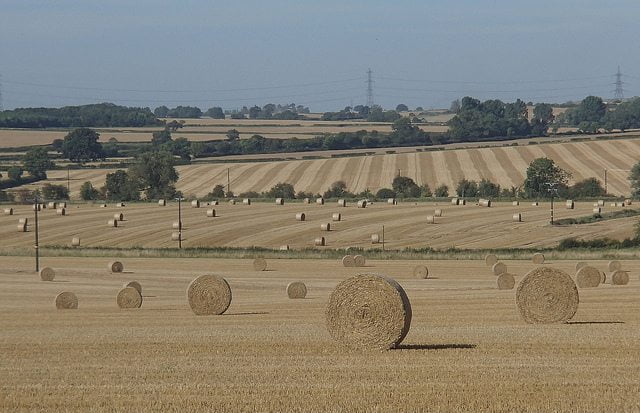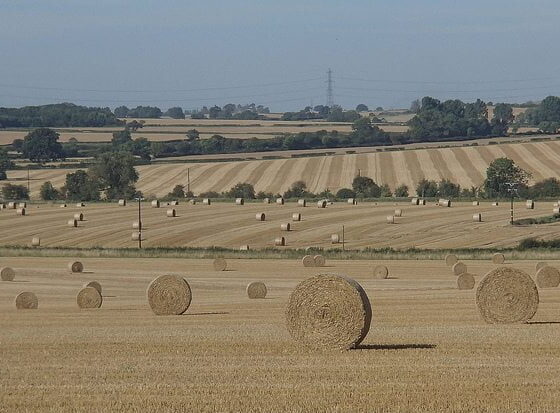

Economy
UK’s severe shortage of farmland will hit food production – study
A new report by the University of Cambridge has found that Britain could have a shortfall of 2m hectares of land for food by 2030.
The best use of UK agricultural land report was co-ordinated by the Cambridge Institute for Sustainability Leadership (CISL) and found the UK could see a shortage of land due to growing population needs.
With the UK population expected to exceed 71 million by 2030, the need for food, living space and energy will be extensive.
A spokesperson for CISL said, “If we don’t close the gap then this would undermine our food security, our ability to meet renewable energy targets and/or protecting nature and its services.”
The report criticises the government for not having a clear strategy on how to optimise land use. However, a spokesperson for the Department for Environment, Food and Rural Affairs (Defra) told the BBC, “We are investing £70m in agricultural technologies that will help us to increase the efficiency of food production and help our food, farming and science industries grow economically while meeting the increasing global demand for food.”
The report says initiatives to optimise land use should include technological advancements, reductions in food waste, and cutting back of the UK’s meat intake.
Even with these measures this may not be enough to protect resources and the study says this may lead to the UK becoming more dependent on imports, which will worsen the food and drink trade deficit already at £18.6bn.
Andy Richardson, head of corporate communications at Volac, one of the companies involved with the report, said, “I hope the vision proposed in this report is a catalyst for greater action and integrated thinking on land use.
“We should take the opportunity to join up thinking between industry and government by building on this report’s analysis and developing a decision making framework and an action plan.”
Author of the report, Andrew Montague-Fuller, said the amount of land used for renewable energy may have to change to food use instead. However, in order to deliver UK targets of 15% of energy from renewable sources by 2020 land for this energy sector must be protected.
To avoid difficult choices the government must quickly produce clear guidelines on land use and hope efficiently can go some way to reduce land scarcity.
Photo: Andrew Hill via Flickr
Further reading:
One third of corn grown in water-stressed areas
Investments in renewables must increase, warns UN
Food worth £2.4bn thrown away unopened every year
Study: food of the future needs to be sustainable and healthy


 Environment12 months ago
Environment12 months agoAre Polymer Banknotes: an Eco-Friendly Trend or a Groundswell?

 Features11 months ago
Features11 months agoEco-Friendly Cryptocurrencies: Sustainable Investment Choices

 Features12 months ago
Features12 months agoEco-Friendly Crypto Traders Must Find the Right Exchange

 Energy11 months ago
Energy11 months agoThe Growing Role of Solar Panels in Ireland’s Energy Future




























